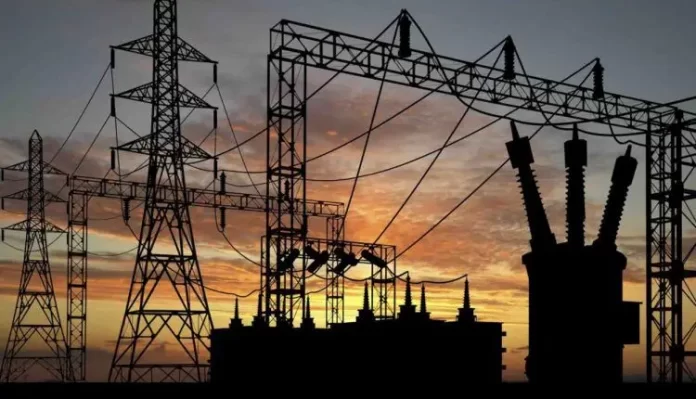PWith the approval of a 300 percent electricity tariff hike by the Nigerian Electricity Regulatory Commission (NERC) on Wednesday, Nigerians are in for more hardship.
Although NERC said that only Band A customers receiving at least 20 hours of power supplies from the eleven electricity distribution companies are affected by the hike, that means that consumers under the Band A feeders will pay about N135, 000 monthly.
Vice Chairman of NERC, Musiliu Oseni, said only 15 percent of the 12.12 million electricity customers in Nigeria are affected.
He explained that the tariff hike would not affect customers on B, C, D, and E, having less than 20 hours of power supply.
This means a complete electricity subsidy removal for customers under Band A.
However, the NERC boss disclosed not say the hike will lead to an improvement in the electricity supply to the affected customers.
The announcement has been rejected by both the Nigeria Labour Congress (NLC) and the Civil Society Organizations (CSO). Those who spoke said all the reasons given by government officials on the increase were not tenable, saying even in advanced societies, citizens enjoy subsidies on some basic necessities like fuel and electricity.
The NLC described the new electricity tariff increment as insensitive and callous, adding that it would further impoverish the already pauperised Nigerians battling the hardship caused by the fuel subsidy removal.
The Head of Information at the NLC headquarters, Benson Upah, said the labour would take a position on the “chaotic” policy after appropriate organs of the movement meet.
“The government’s decision is not only insensitive, it is callous. It further pauperises consumers, especially workers whose wages are fixed and insufficient.
“It similarly makes the operating environment more hostile for manufacturers with potential for an astronomical rise in cost of goods and services or in the worst-case scenario, more closures and loss of jobs.
“The only people who stand to gain from this mindless social violence against the people are the World Bank and IMF.”
The Executive Director, Resource Centre for Human Rights and Civic Education (CHRICED), Comrade Ibrahim Zikirullahi, slammed the federal government for increasing the electricity tariffs without consulting relevant stakeholders, “Especially in light of the ongoing hardships caused by the removal of fuel subsidy and the instability of the Naira.”
He alleged that similar to the unilateral removal of petrol subsidy, the government had demonstrated a lack of concern for the welfare of the people in its policies.
“In a democratic society, it is expected that the government should prioritise the interests of the people, but when this principle is disregarded, it signifies a regression towards a dictatorial era. In fact, the APC has consistently exhibited an authoritarian political culture, which can be traced back to the Buhari regime.
“This authoritarian culture has now permeated all aspects of social relations in Nigeria, resulting in widespread insecurity, high levels of unemployment, rampant poverty, and the rapid depreciation of the naira.
“We have now reached a critical juncture where the people must take charge of their own survival,” he stated.
On his part, Country Director, ActionAid Nigeria, Andrew Mamedu, said the new tariff hike would place “An unbearable burden on already struggling Nigerian households, particularly low-income families and vulnerable communities and SMEs.”
According to him, it is important for the government to recognise that its decision to remove the fuel subsidy contributed to the current situation.
“Therefore, the government should be prepared to bear the brunt of these policy decisions without unduly passing on the burden to Nigerian citizens.
“It is important to note that energy security is one of the major areas that contributes to national security and welfare, which explains why nations guide their energy sector seriously and are always up and doing ensuring its availability and affordability.
“For instance, the government of Canada is currently providing up to 100 Canadian Dollar subsidy within this year to support homes, following the economic hardship.” Mamedu said.
He said the government’s priority right now must be to explore alternative solutions that prioritise improving the efficiency of electricity distribution, addressing corruption in the energy sector and promoting renewable energy sources.
A former chairman of NERC, Sam Amadi, said the electricity tariff increase would cause power theft and corruption.
Amadi said, “If you increase the tariff of power to the level that people can’t afford, it will increase the stealing of power through bypassing, corruption and at the end of the day, the utilities will lose more money.”
He admitted that there was a good reason to increase the tariff due to the forex crisis and the increase in the price of gas that will be sold to the electricity generation companies, “the government should allow a special window where the distribution companies could access dollars at a preferential rate,” he said.
“If there is a way to help the DisCos and GenCos to operate well without suffocating the people much, they should do it.”


